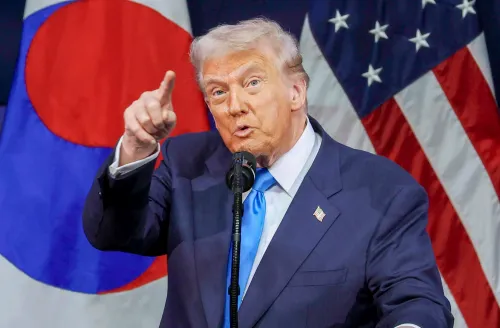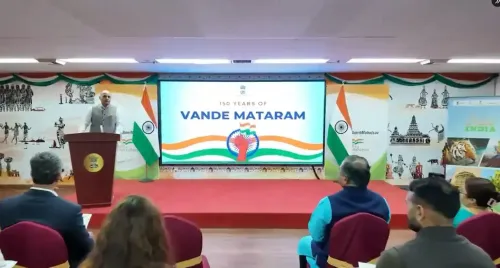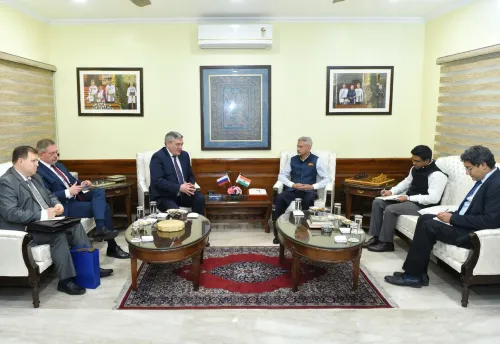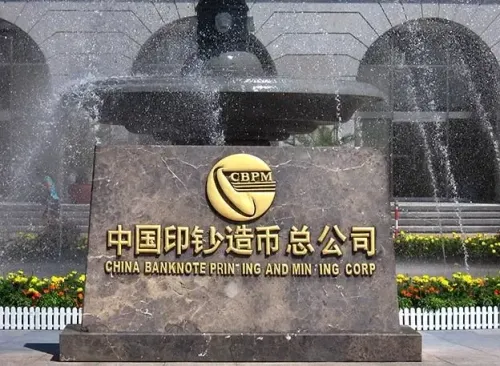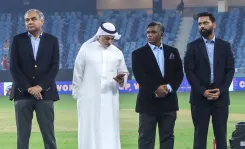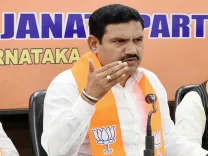What is the Outcome of Iran FM's Fifth Indirect Talks in Rome?
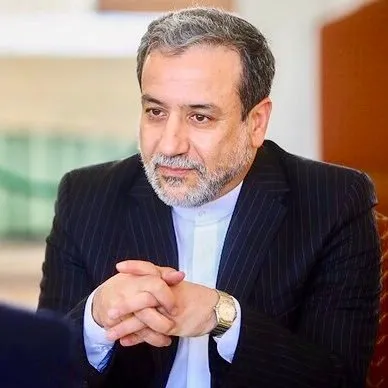
Synopsis
Key Takeaways
- Iran's Foreign Minister arrives in Rome for crucial talks.
- Focus on uranium enrichment remains a major issue.
- Facilitated by Oman, with the US delegation led by Steve Witkoff.
- Significant differences persist between Iran and the US.
- Potential revival of the 2015 nuclear deal discussed.
Rome, May 23 (NationPress) Iran's Foreign Minister Seyed Abbas Araghchi and his team have landed in Rome on Friday to engage in the fifth series of indirect negotiations with the United States. These discussions are being facilitated by Oman, with Steve Witkoff, the US President’s Special Envoy to the Middle East, at the helm of the US delegation.
“Heading to Rome for the fifth round of indirect discussions with the US. Finding a solution is straightforward: Zero nuclear weapons = we DO have a deal. Zero enrichment = we do NOT have a deal. It's time to make a decision,” Araghchi shared on X prior to his trip to Italy.
On Thursday, Araghchi stated that a nuclear agreement would not materialize if the US aims to halt Iran's uranium enrichment.
He expressed this sentiment during a live interview aired by the state-run IRIB TV just before the commencement of the fifth round of indirect nuclear discussions between Iranian and US representatives in Rome.
“Significant differences persist between us. The US does not support uranium enrichment in Iran. If this is their aim, there will be no agreement,” Araghchi remarked in response to recent demands from US officials that Tehran should entirely cease uranium enrichment on Iranian soil.
“However, if their goal is to ensure that Iran does not pursue nuclear weapons, this can be accomplished. We do not aspire to have nuclear weapons,” he added.
Araghchi pointed out that the nuclear accord established between Iran and several other nations in 2015 has lost its effectiveness, “but that does not imply the deal is defunct,” noting that the agreement, formally recognized as the Joint Comprehensive Plan of Action, could potentially be reinstated, as reported by Xinhua.
Nonetheless, Araghchi stressed that Iran would not abandon its nuclear program, including uranium enrichment.
Iran and the US have previously engaged in four rounds of indirect discussions regarding Tehran's nuclear agenda and the lifting of US sanctions, through the mediation of Omani Foreign Minister Sayyid Badr Al-Busaid.
Earlier on Wednesday, the US Department of State identified Iran’s construction sector as being directly or indirectly under control of the Islamic Revolutionary Guard Corps (IRGC), which is known for creating chaos and terror. They also pointed out 10 additional strategic materials that Iran is allegedly utilizing in connection with its nuclear, military, or ballistic missile initiatives, as stated by department spokesperson Tammy Bruce.
“With these conclusions, the United States has expanded sanctions powers to prevent Iran from acquiring strategic materials for its construction sector under IRGC control and its proliferation efforts,” Bruce added.
Recently, US officials have consistently urged Iran to completely halt its uranium enrichment endeavors, a request that Tehran has resolutely dismissed as “non-negotiable.”

